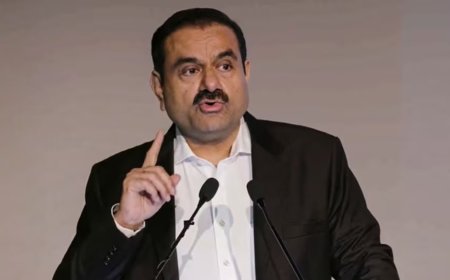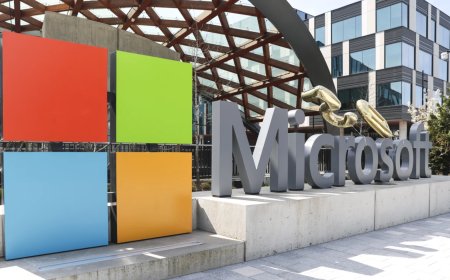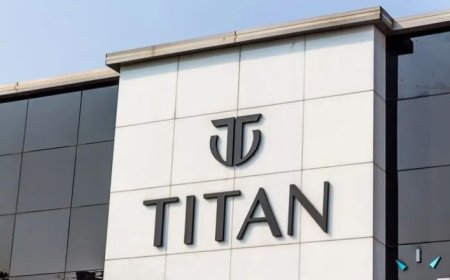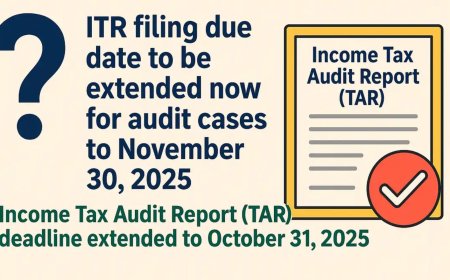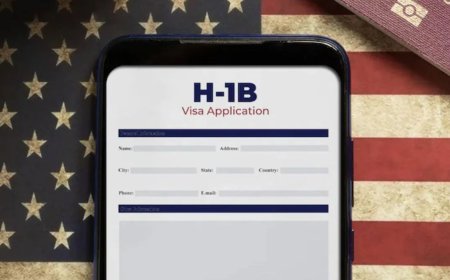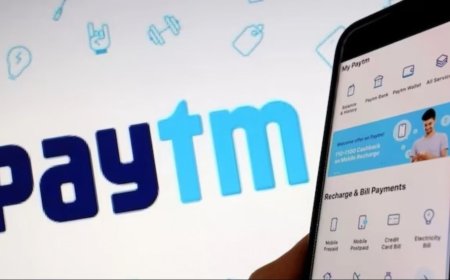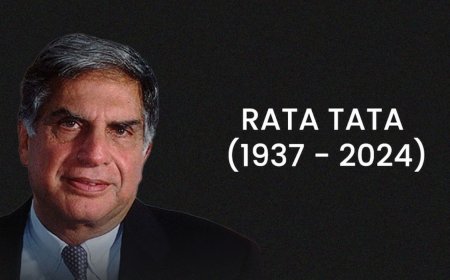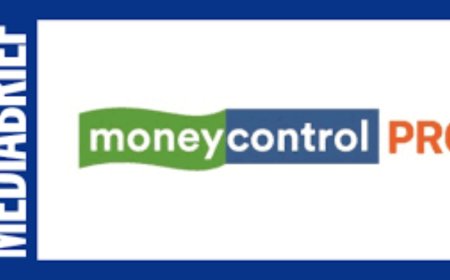Patent Expirations Drive Surge in Next-Gen Diabetes Drug Prescriptions
Patent losses on older diabetes drugs have led to a rise in prescriptions of next-generation therapies, transforming treatment options and patient outcomes.
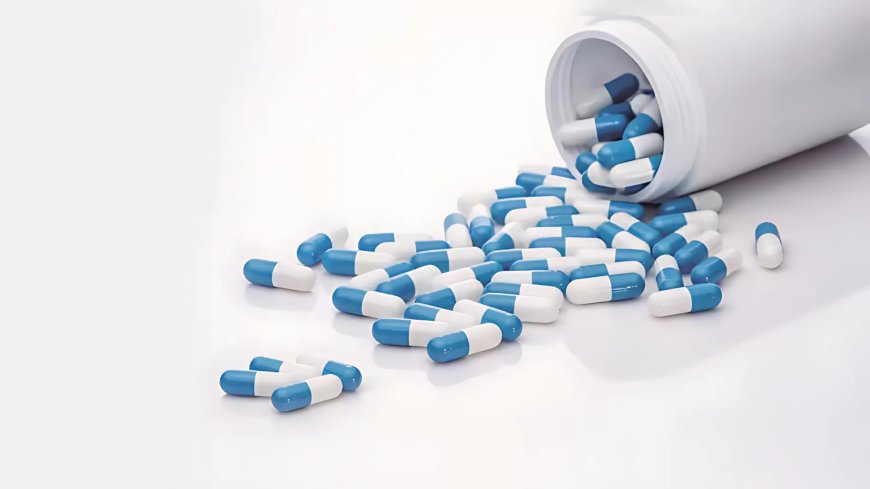
Patent Expirations Propel Surge in Prescriptions of Next-Generation Diabetes Drugs
In recent years, the landscape of diabetes treatment has undergone a significant transformation. The expiration of patents on several blockbuster diabetes medications has opened the floodgates for generic alternatives and spurred the adoption of newer, more advanced therapies. This shift is not only reshaping prescription patterns but also influencing the strategies of pharmaceutical companies and the choices available to patients.
The Impact of Patent Expirations
When a drug's patent expires, it allows other manufacturers to produce and sell generic versions, often at a fraction of the original cost. This increased competition typically leads to a substantial drop in prices, making treatments more accessible to a broader patient population. For instance, the patent loss of empagliflozin, a widely used SGLT2 inhibitor, resulted in an 85% price reduction, significantly boosting its usage. Sales of empagliflozin and its combination formulations surged by 55%, from approximately 12.3 million units in February 2025 to 19.1 million in March .
Rise of Next-Generation Therapies
The decline in prices of older medications has coincided with the introduction and increased prescription of next-generation diabetes drugs. These newer therapies, such as GLP-1 receptor agonists and DPP-4 inhibitors, offer improved efficacy, better patient compliance, and additional health benefits. The market for these drugs is expanding rapidly, with projections indicating significant growth in the coming years .
Pharmaceutical Companies' Strategic Shifts
Pharmaceutical companies are adapting to this changing environment by focusing on the development and promotion of innovative treatments. With the loss of exclusivity on older drugs, companies are investing in research and development to bring new therapies to market. Additionally, some are employing strategies to extend the profitability of existing drugs through patent extensions and the introduction of combination therapies.
Implications for Patients and Healthcare Providers
For patients, the increased availability of generic drugs and the introduction of advanced therapies mean more treatment options and potentially lower costs. Healthcare providers now have a broader arsenal to tailor treatments to individual patient needs, improving outcomes and quality of life for those managing diabetes.
Conclusion
The expiration of patents on key diabetes medications has catalyzed a significant shift in the treatment landscape. As generic alternatives become more prevalent and next-generation therapies gain traction, patients stand to benefit from more accessible and effective treatment options. This evolution underscores the dynamic nature of pharmaceutical innovation and its profound impact on public health.
What's Your Reaction?
 Like
0
Like
0
 Dislike
0
Dislike
0
 Love
0
Love
0
 Funny
0
Funny
0
 Angry
0
Angry
0
 Sad
0
Sad
0
 Wow
0
Wow
0









